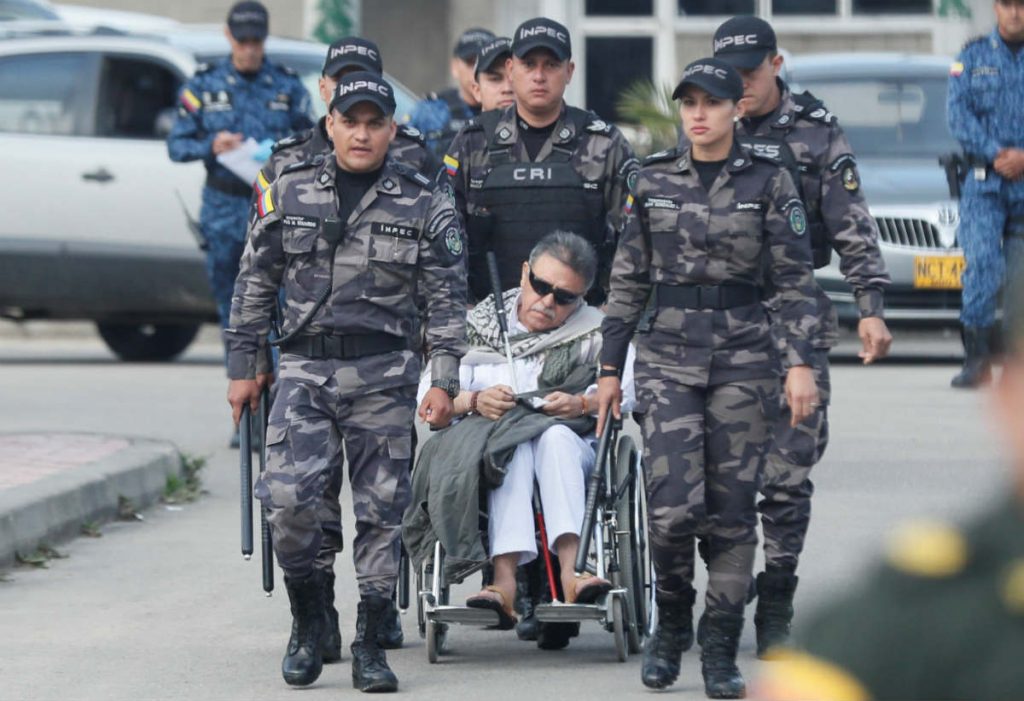
Political economy studies the design and implementation of economic policies in the context of political institutions. Therefore, it assumes that if the decisions of a government regarding economic matters are erroneous, it is not so much due to incompetence, as due to political incentives. These include the constitutional design, the type of regime, the coalitions in power, the electoral calendar, among others.
An example is literature on the political business cycle. It tells us that it is rational for a government approaching re-election to reduce unemployment through expansive monetary and/or fiscal policies introduced before the election, even at the cost of increasing inflation after the polls. The necessary corrections, with their recessionary effects, will be implemented in the post-electoral phase.
We can examine other instruments by employing similar reasoning. The establishment of prices as a medium of fixed exchange, for example, reduces inflation and the expansion of credit creates a consumption boom. Politicians reap its benefits at the polls, but it also generates a real appreciation of the currency, and subsequently, external indebtedness finances a current account deficit. Such distortions often result in an exchange run and devaluation.
These cycles can also occur through public spending. Some literature refers to the adoption of policies of fiscal expansion to forge political support and defer adjustment as “macroeconomic populism.” In a general sense, prioritizing short-term consumption at the expense of savings and investment characterizes political economy of populism. It produces inevitable macroeconomic crises in the medium and long term.
The manipulation of macroeconomic instruments to serve specific political objectives is unsustainable. It generates temporal inconsistencies. The boom is short-lived; boom and bust cycles are repeated. The necessary subsequent monetary, fiscal or balance of payments adjustment, with its accompanying austerity, will occur after re-election or it will be up to the next government to do so.
The premise of all these analytical models is that governments are selfish. Rational actors maximize power within short-term time horizons and fixed electoral calendars, as in the presidential system, even at the cost of sub-optimal economic performance. Politicians are opportunists, whose main objective is to stay in government.
Peace in Colombia is a controversial topic, especially in recent weeks. We can think about it based on these theoretical intuitions. It is appropriate to analyze it in an inter-temporal perspective, that is, with a focus on the relationship between long-term issues: peace-and short-term issues: the electoral cycle. The reality is that the Santos government never distanced itself from blatant short-term electoral politics while negotiating the agreement. Santos campaigned on a platform for peace and thereby conflated votes against him as votes for war.
In Colombia, as in El Salvador and Ireland, for example, peace agreements with insurgent groups should always be based on broad and quasi-permanent consensus. They are equivalent to constitutional acts, never the product of a transitory and narrow, electoral majority. However, the Santos government lost the referendum, and eventually, also failed to broaden the support base for such an agreement.
The uncertainty caused by the peace agreement is partly a result of who it was negotiated with. In the past, FARC was comparable to armed insurgent groups with political objectives like FMLN and IRA. Their aims were rising to power and gaining independence. However, along the way, they stopped being guerillas and became a narco-trafficking hybrid.
Although it can’t be said with uncertainty, the new charges against Santrich are probably not for insurgent violence but or a shipment of ten tons of cocaine.
Please note the following: during the negotiations of the peace agreement, the area under cultivation of cocaine increased. The United Nations Office on Drugs and Crime declared last September that the cultivation of cocaine had exceeded 170,000 million hectares in 2017, representing an increase of 17% from the previous year. The trend over time speaks for itself: since 2013, the area under coca cultivation has increased by 45%.
The negotiations of the peace plan began in 2012. Its principal characteristic is a pronounced expansion of the cultivation and trafficking of drugs. Whatever the explanation for this increase, it is a public policy decision or oversight with mutually exclusive effects: if drug trafficking grows, peace is not sustainable over time.
The promises of the comprehensive rural reform include the substitution of illicit crops, labor formalization, access to land, and adequacy of land. According to several studies, the financial cost of such reform would amount to 0.7% of GDP per year for 15 years, and this only in the 170 most affected municipalities, which suggests an underestimation of the cost. These programs not only represent a heavy burden but also generate uncertainty regarding the future management of public accounts.
These costs are, of course, accompanied by growing expectations in the rural sector. Subsequent government, starting with that of Ivan Duque, have to face the increasing demands along or they risk exacerbating social conflict as we have seen in many districts. The apparent legal continuity of the Colombian state implies that the treasury assumed this responsibility for the next three decades.
Do you support the final agreement for ending the conflict and building a stable and lasting peace? The question was posed to Colombian society in the plebiscite of October 2, 2016. The framing is biased and loaded. Ending a conflict does not necessarily lead to a stable and lasting peace. Maintaining peace is the result of public policies and institutions that consistently penalize those who threaten peace and offer incentives to those who defend it.
 Versión Español
Versión Español












